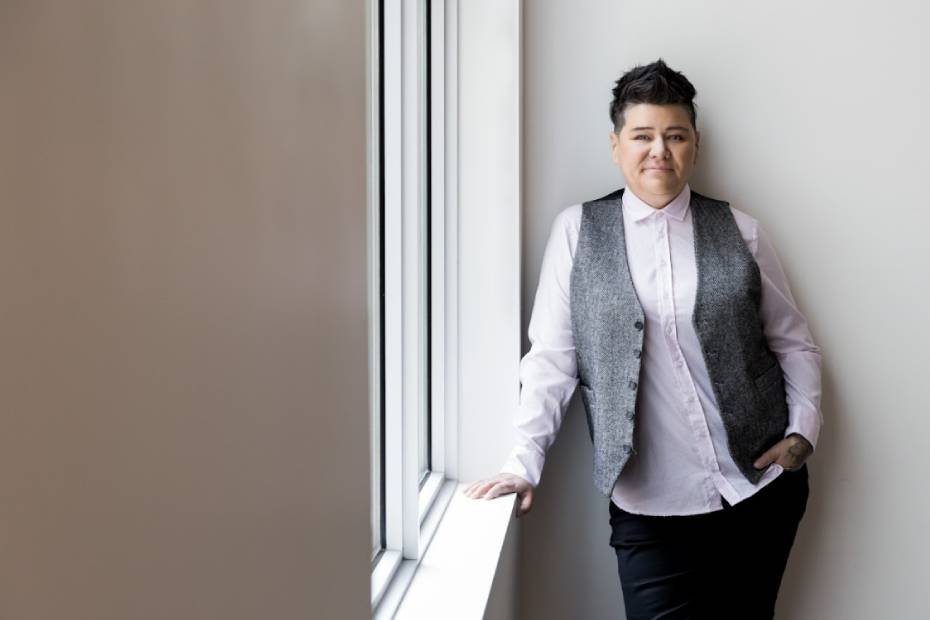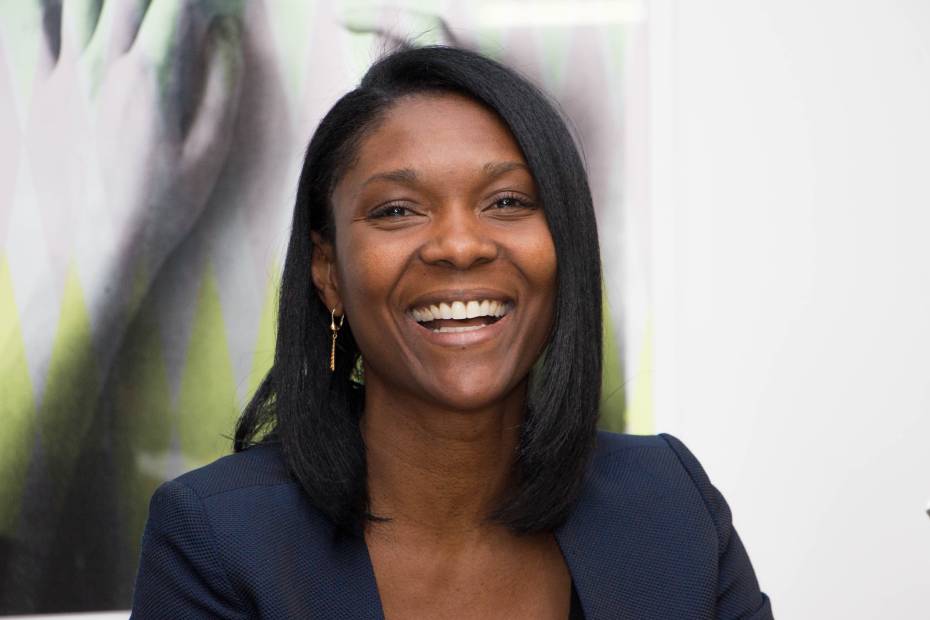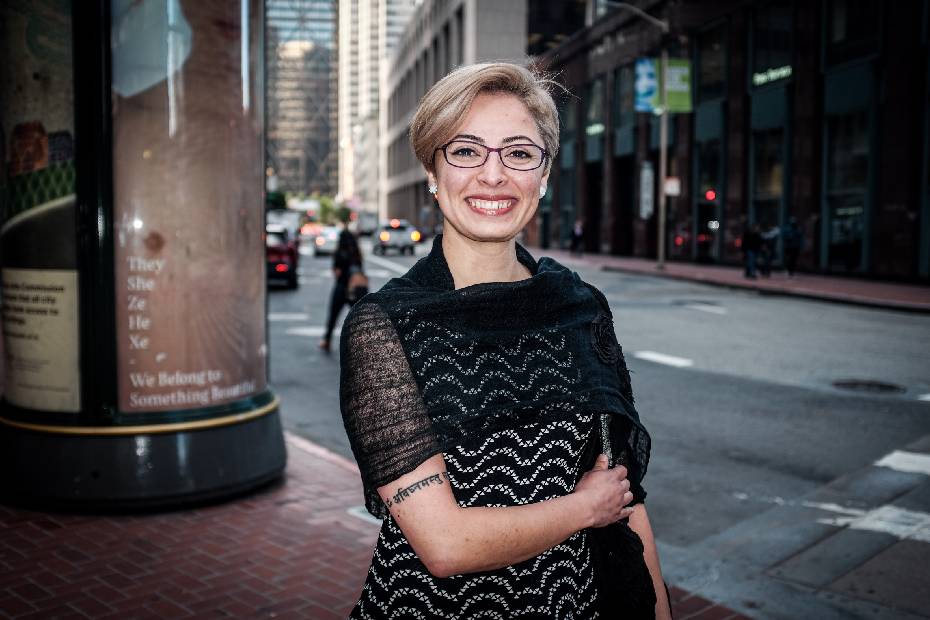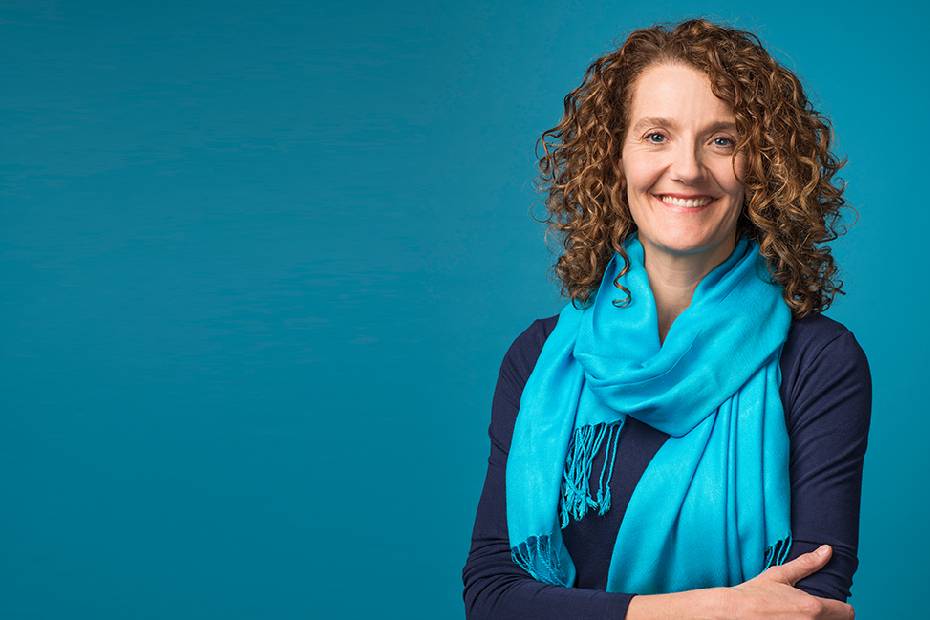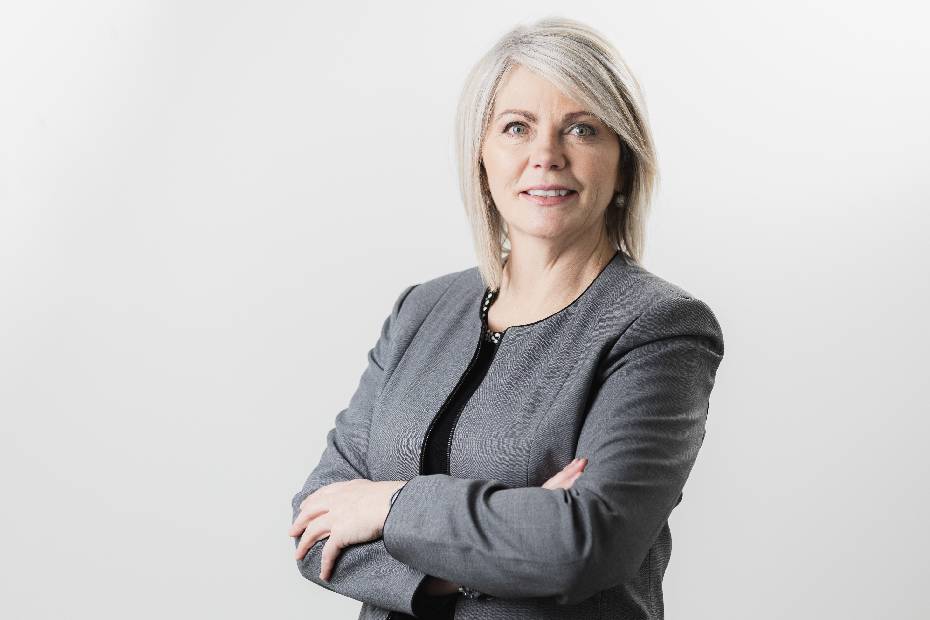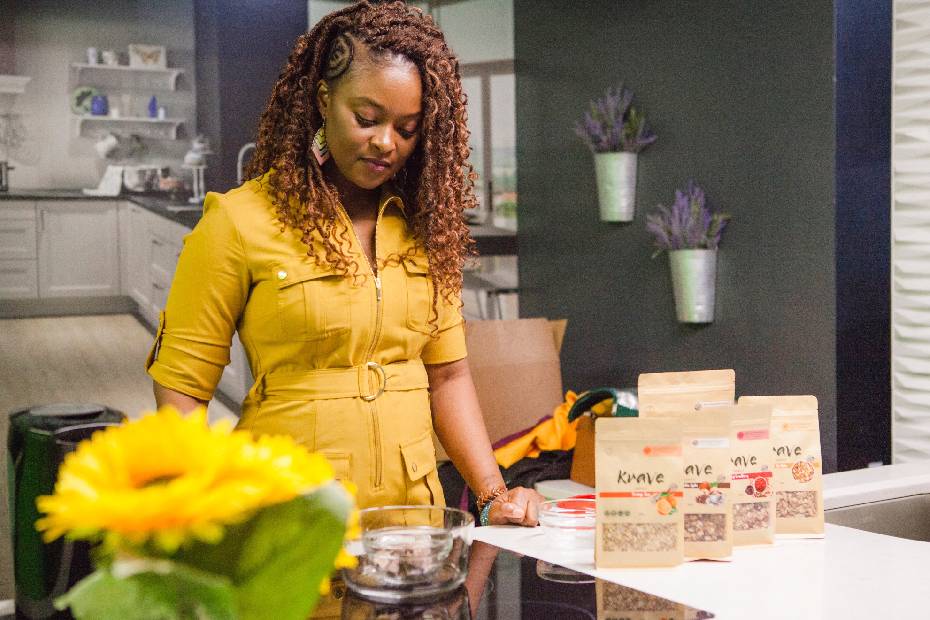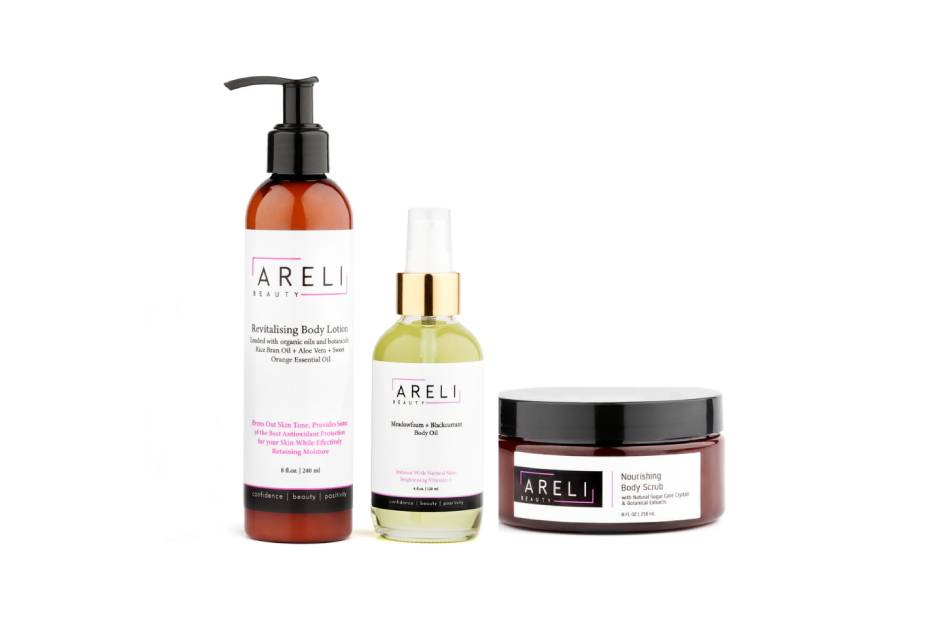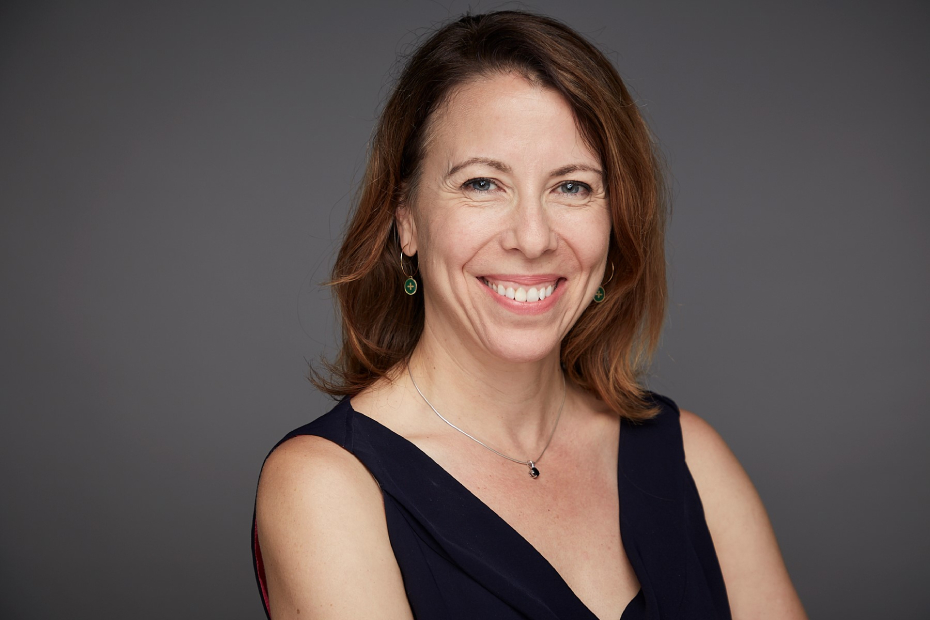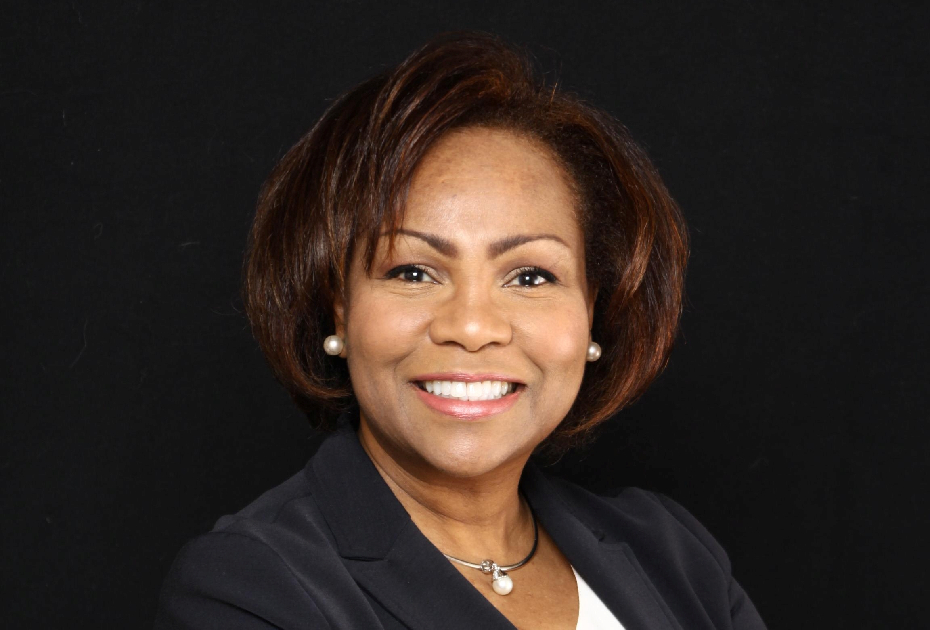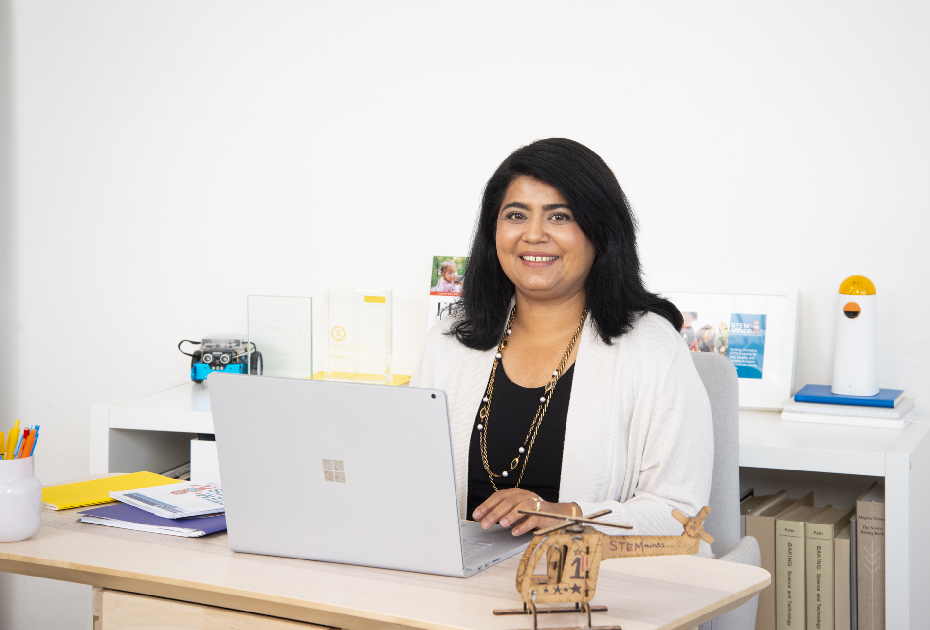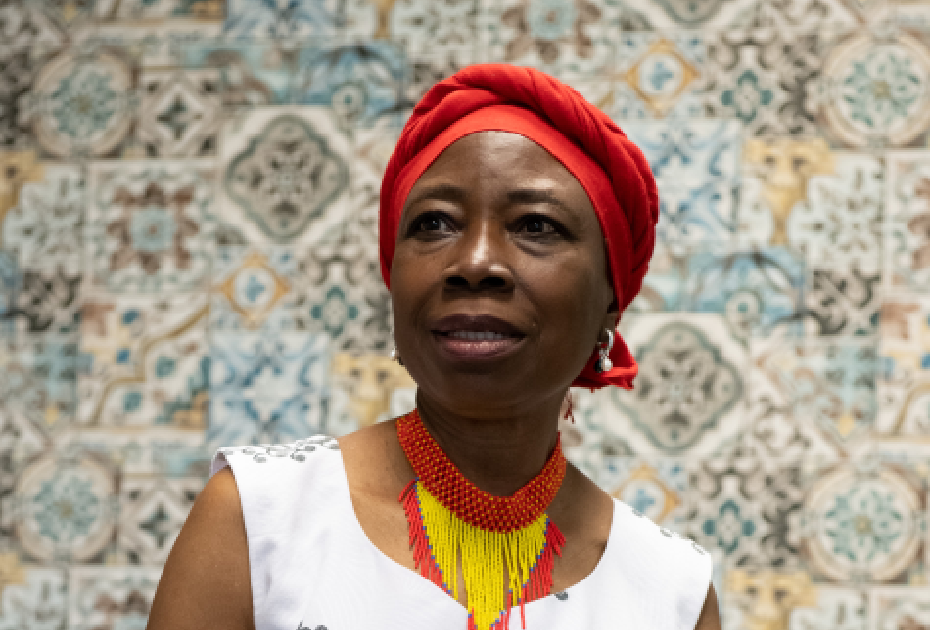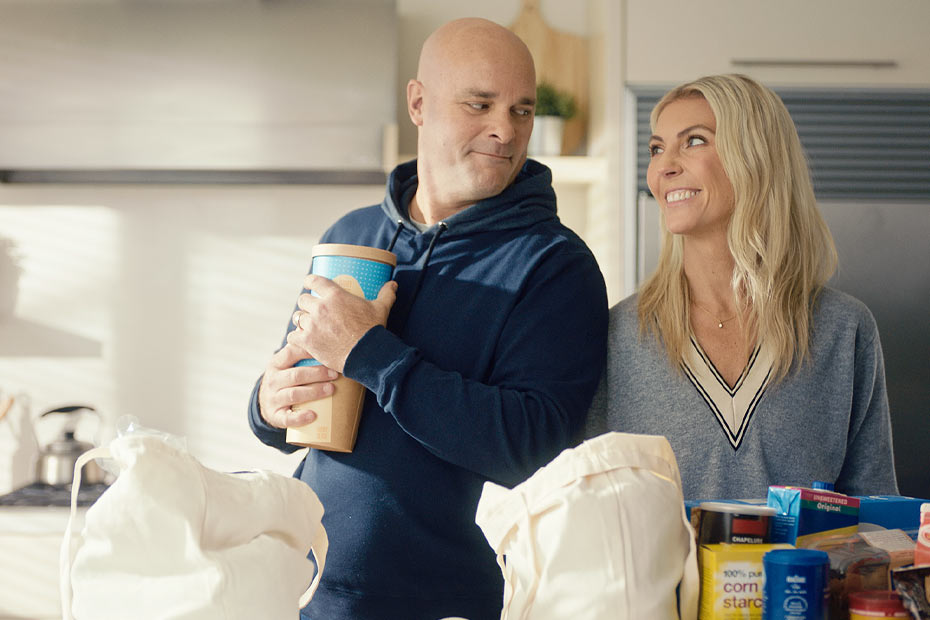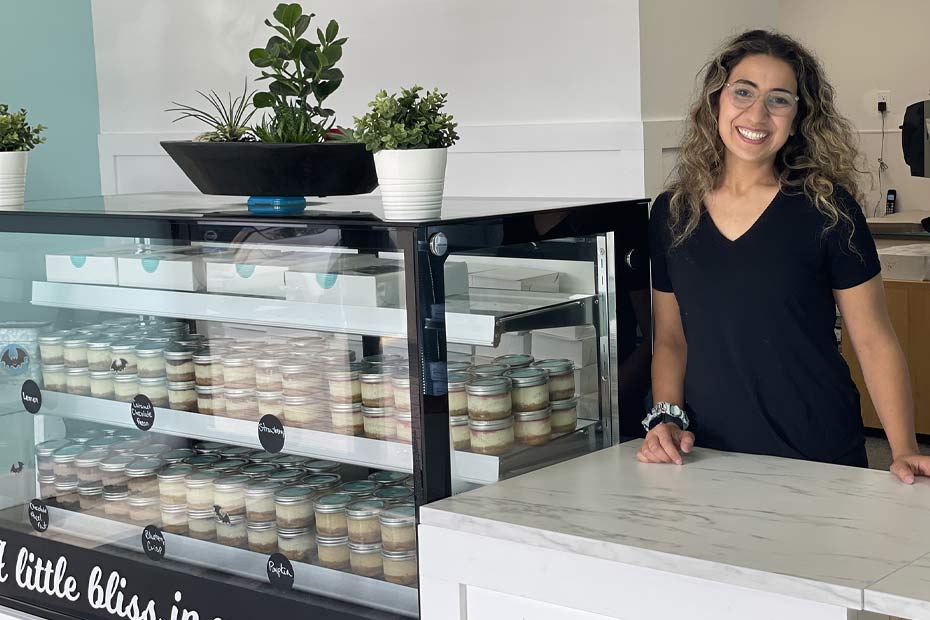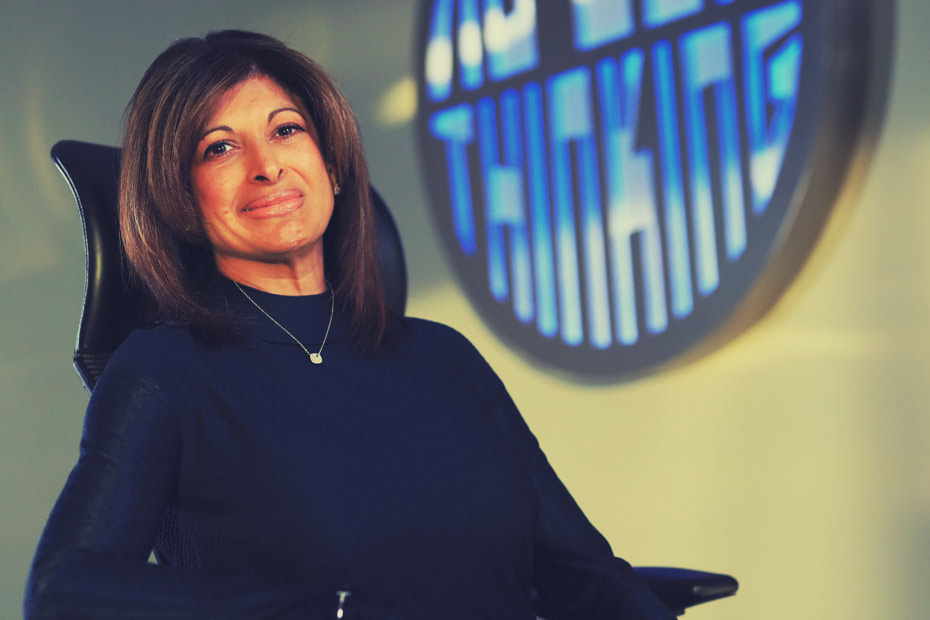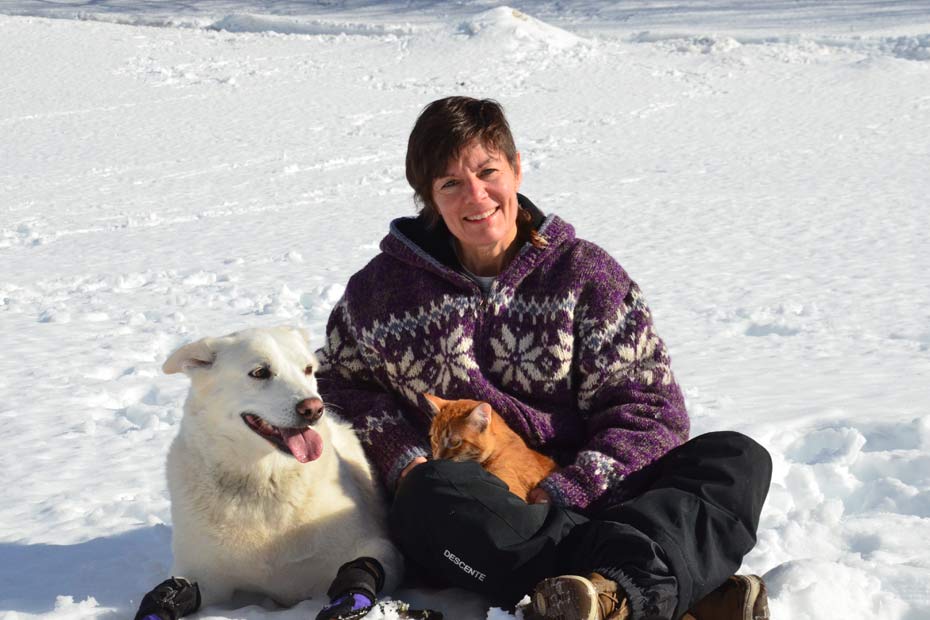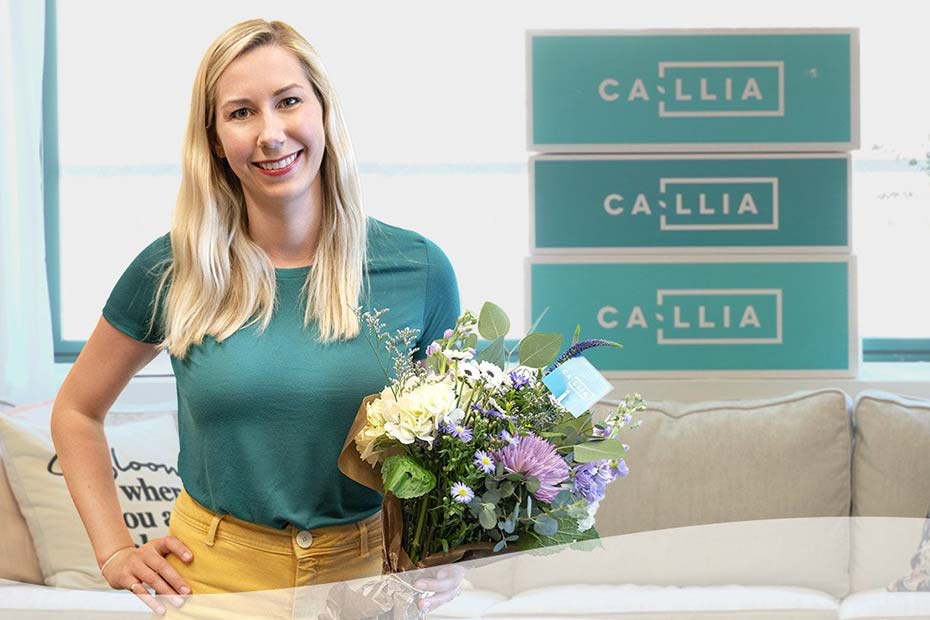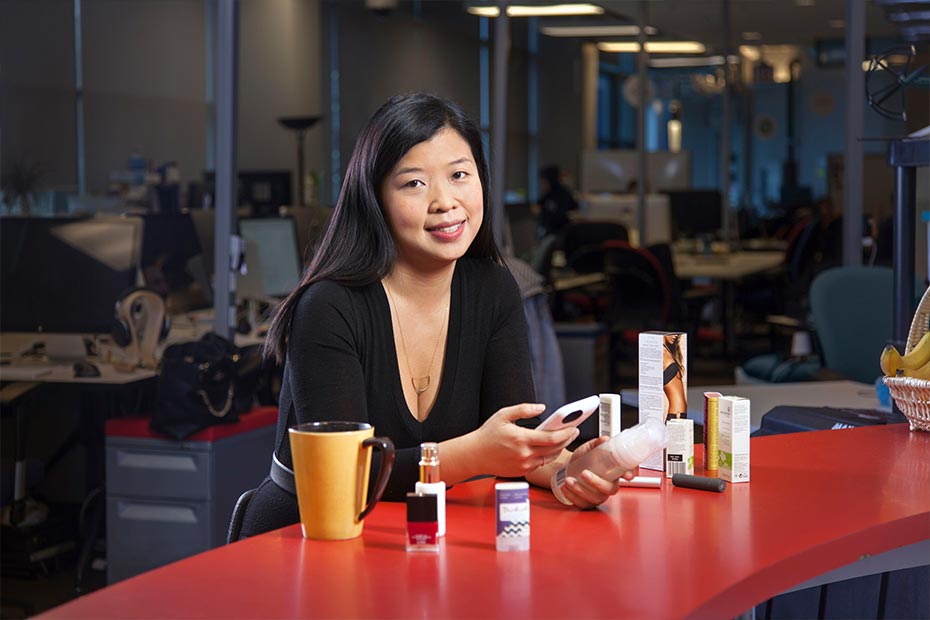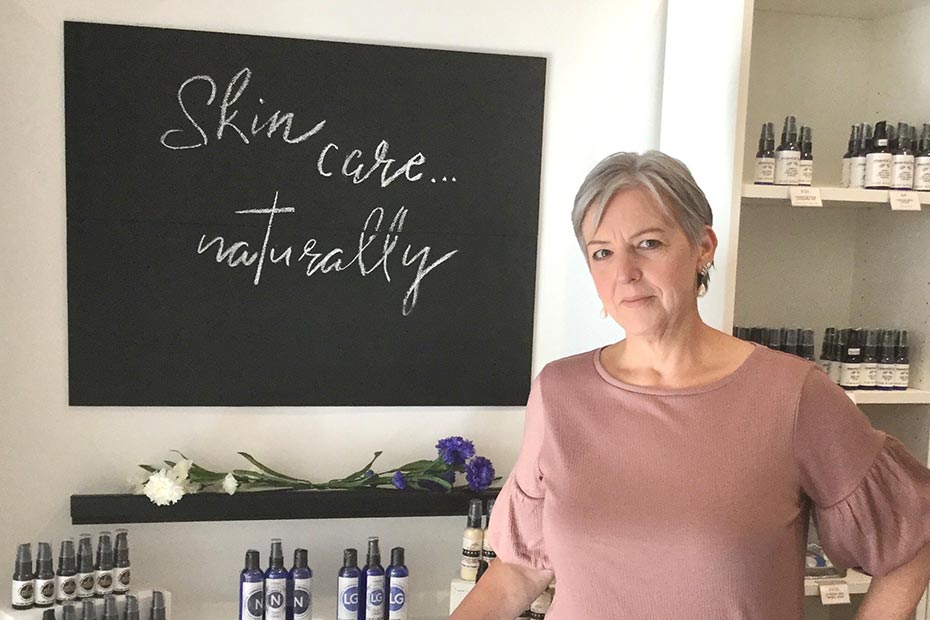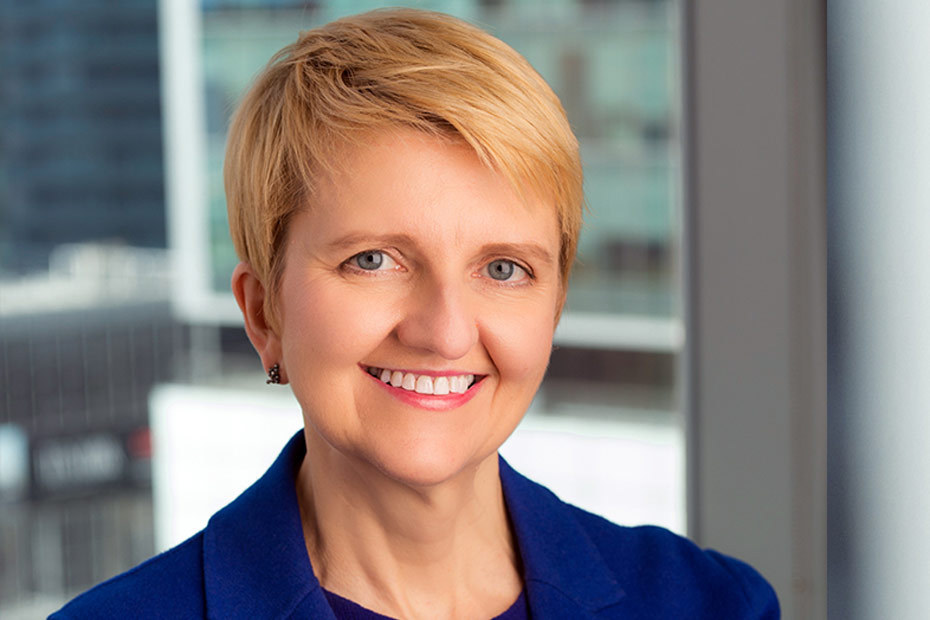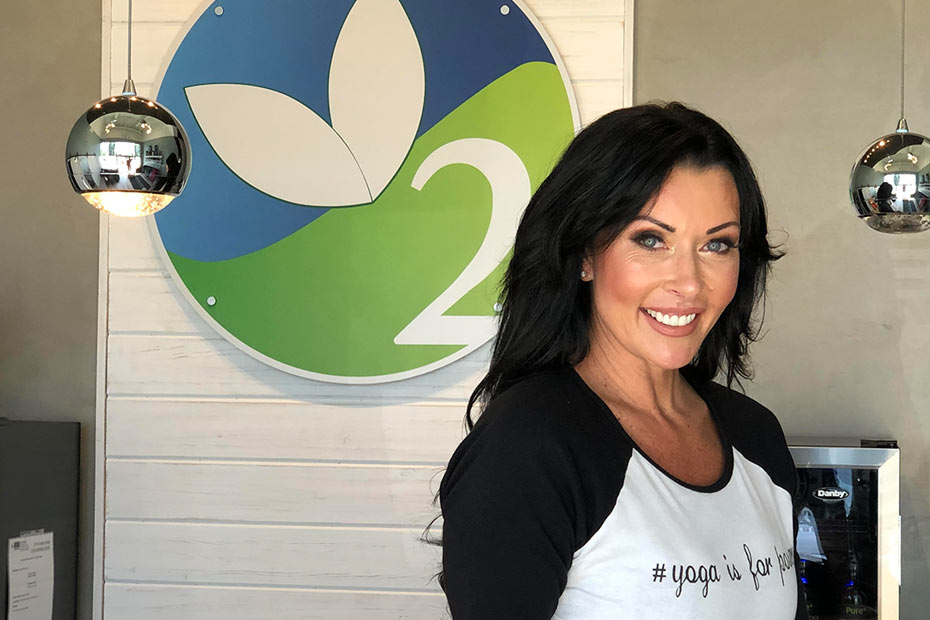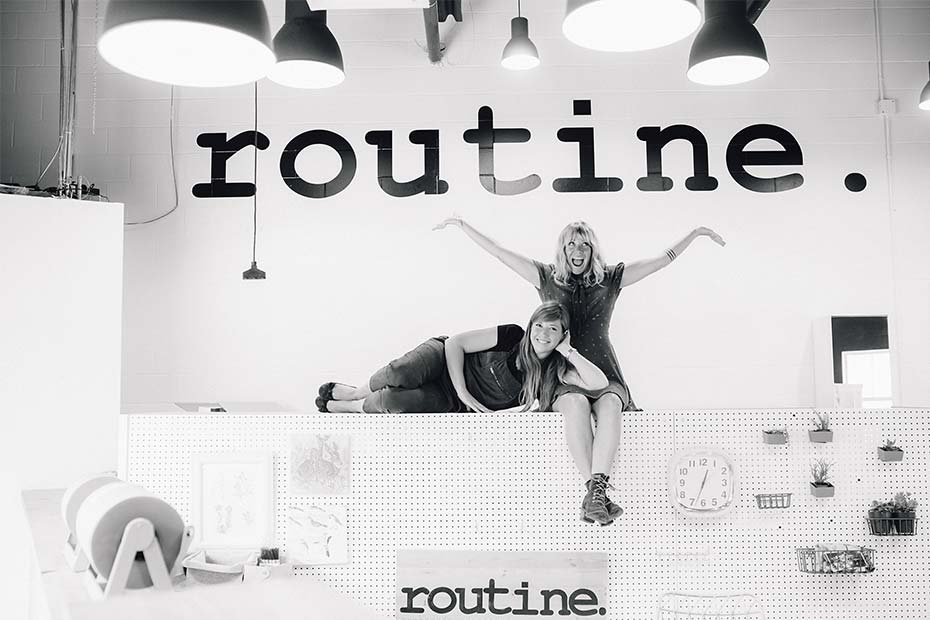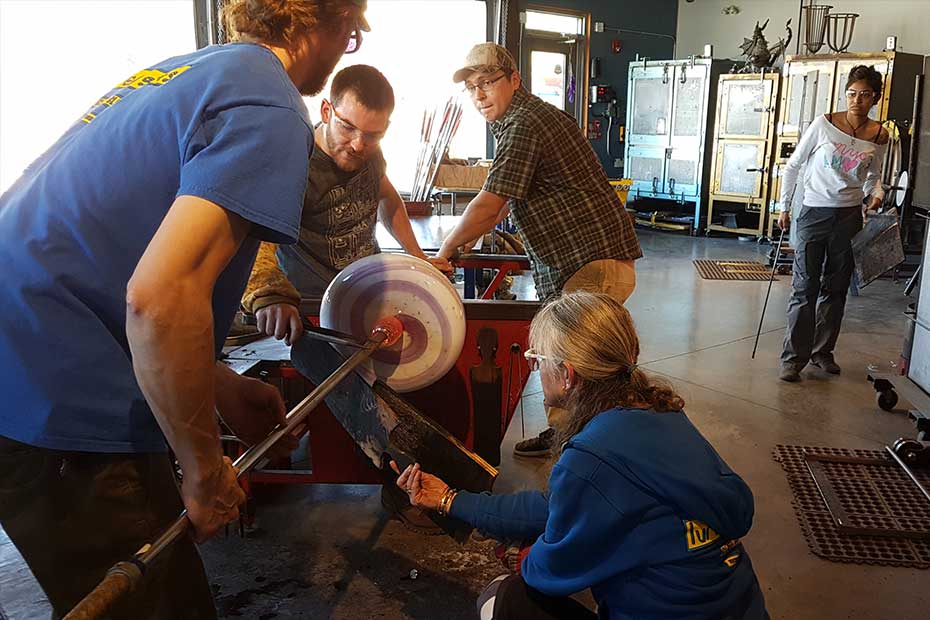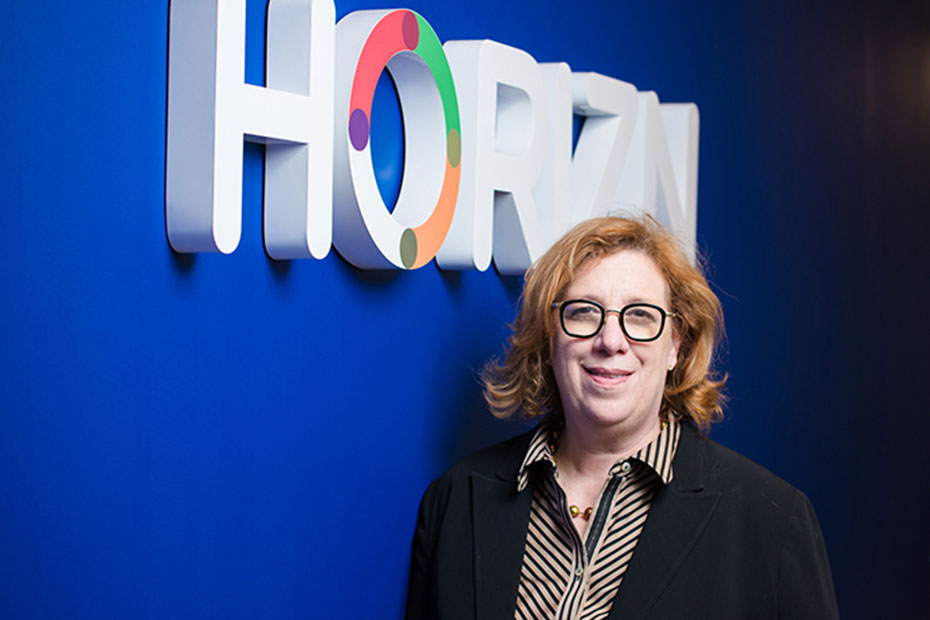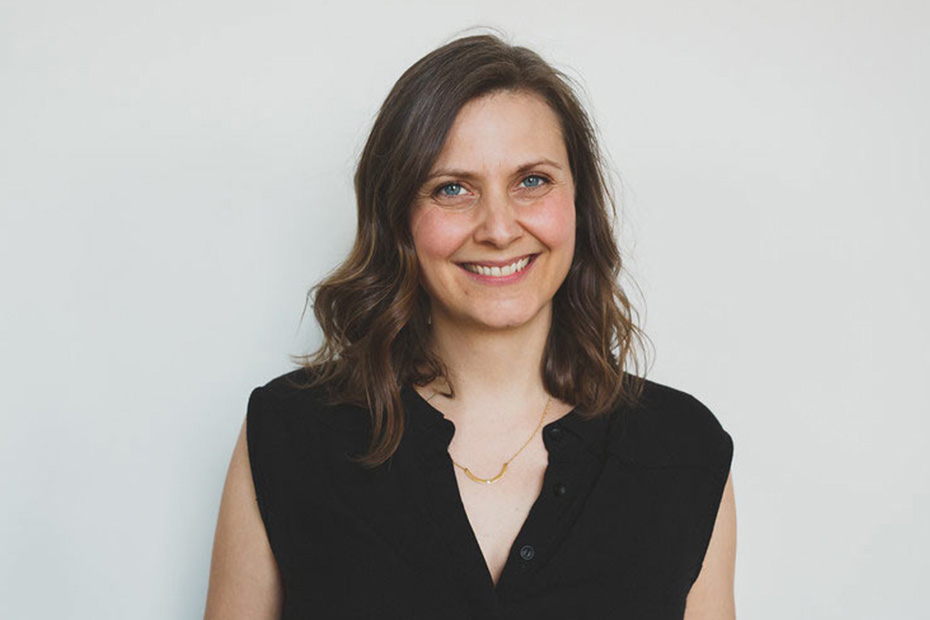#IMadeThis – Innovators, entrepreneurs, and idealists
Ever wondered how successful entrepreneurs turn their dreams into reality? What drives them to push the envelope, create change and advance their industries? We had the opportunity to ask Canadian small business owners how they transformed their ideas, goals and passions into reality.
Natasha shares the common challenges business owners face, the unique challenges that her business came across, and the stories that inspired her to keep going — even when times were at their toughest.
Q: What inspired you to start Vaundry?
Natasha: I had left a corporate position and was in the midst of interviewing with startups, as I wanted to work for a young, innovative company. Then my co-founder and I were driving back from Montreal and we had all this dry cleaning in the back. We thought: Why is there no easy solution? Why is nobody making this a priority?
So the idea for Vaundry was born. We had no history in this kind of business, and we wondered if could solve the customer experience with technology. Given the fact that the industry is really fragmented, and there are no guarantees on quality and accountability, we wondered how we could streamline the experience. How could we make it more customer friendly, and app-driven?
We are purely an online company and offer pick up and delivery of laundry and dry cleaning. It’s service-at-your-door, like other service-based businesses such as grocery delivery and car services.
Q: What was your biggest hurdle to getting started?
Natasha: We faced hurdles at every angle. From a customer perspective, there was a huge question of trust. Unlike other delivery businesses, we first take your things and then bring them back to you. Establishing a brand and building credibility is tough, and it was really tough to get our first few customers — it was definitely harder than we thought.
And when you’re trying to disrupt, it’s hard to get buy-in. Fundraising was a challenge because it was a new business and consumer businesses are hard — they are historically demanding to run.

Q: So how did you build your customer base?
Natasha: Honestly, there are people who are always the early adopters, always willing to try new things, and have a higher risk tolerance.
After getting those first few customers, being committed to quality and providing very consistent service was critical. You need to be very flush with service in a service-driven business. The customer is king and you need to make sure every experience is memorable. One slip up and you lose a customer that you paid to acquire.
Q: What are some of your biggest day-to-day challenges and how do you overcome them?
Natasha: Our biggest challenge today is growing too fast. How do we scale to the next level? Right now we are looking to get capital — it’s our biggest constraint.
While we are in Toronto right now, our growth plan is to scale across Canadian cities — we want to be a household brand in Canada.
Q: Who have supported you along the way? Who are your business mentors and influencers?
Natasha: Because we are bootstrapped — Vaundry has been funded by friends and family money — our personal support system is also something we couldn’t do without.
We are also a MaRS venture, and having the support system that comes with that is huge, because the services we have access to can be expensive. It’s been invaluable.
Plus, a lot of other founders — people I have met at Tech TO, mentors and advisors – they are all helping me not make the same mistakes they made. They give me guidance along the way. Being an entrepreneur is a very lonely path, and I couldn’t imagine doing this without the support of the tech community in Toronto.
RBC — our account partner from the beginning — extended a line of credit early. They have definitely been a trusted partner and have been a believer in what we’re doing from the beginning.
Q: Did you ever have moments when you thought this wasn’t going to work? How did you pull out of that?
Natasha: For sure, that happens a lot — and it’s not always related to performance. There are different reasons for those feelings. After raising capital and making a sizeable investment, there was still a feeling of doubt. I wondered: Can I really make this vision come through?
But you have to keep going.
You have to be really resilient, as success doesn’t come easy. I try to read back to some of the greatest companies in their early day. They looked like this — the difference between success and not is giving up.
A lot of times, entrepreneurs give up too early. I look at the AirBnB trajectory — everyone turned them down, they kept going, they didn’t give up. I have a poster on my wall of their trajectory.
This is not meant to be easy. If it were, everyone would be doing it.
Q: Thinking back on when you started out, is there anything you would have done differently?
Natasha: If I could go back and change something, it would have probably been to try and generate a big customer list first, and then hit the market.
Massive leads and customer lists in advance would have really helped — we would have had adequate demand to get things off the ground.
Q: What is the best advice you received as you started your business?
Natasha: Be patient. This is really important advice for anyone who is results driven and goals oriented. When you start a business, you really have to give it time — you have to pour a lot in before you get anything out. This is both the biggest learning and the biggest difference from corporate life.
As a result, I have learned to take each day as it goes. I live in so much uncertainty so I make the small wins count and track the progress we have made — learning from the things that didn’t work and focusing on things that did.
Q: What advice would you give an aspiring entrepreneur who is thinking of starting a business?
Natasha: There is no right time to do this. I always thought I’d do a business that would be related to my career. But sometimes when you have an idea … and it’s just not the right time. The thing is, it’s never the right time to start a business. It involves risk, it takes sacrifices, and you have to really believe in the idea and yourself. So if you have an idea — even if you pursue it while you’re still at your job — you can’t ignore it.
Don’t wait for the perfect time. Life doesn’t work like that.
In November 2018, 23 women were recognized at the 2018 RBC Canadian Women Entrepreneur Awards. These exceptional women, and their trail-blazing companies from a variety of industries, share a common goal — to be the best at what they do.
More from the Canadian Women Entrepreneurs Series:
This article is intended as general information only and is not to be relied upon as constituting legal, financial or other professional advice. A professional advisor should be consulted regarding your specific situation. Information presented is believed to be factual and up-to-date but we do not guarantee its accuracy and it should not be regarded as a complete analysis of the subjects discussed. All expressions of opinion reflect the judgment of the authors as of the date of publication and are subject to change. No endorsement of any third parties or their advice, opinions, information, products or services is expressly given or implied by Royal Bank of Canada or any of its affiliates.










